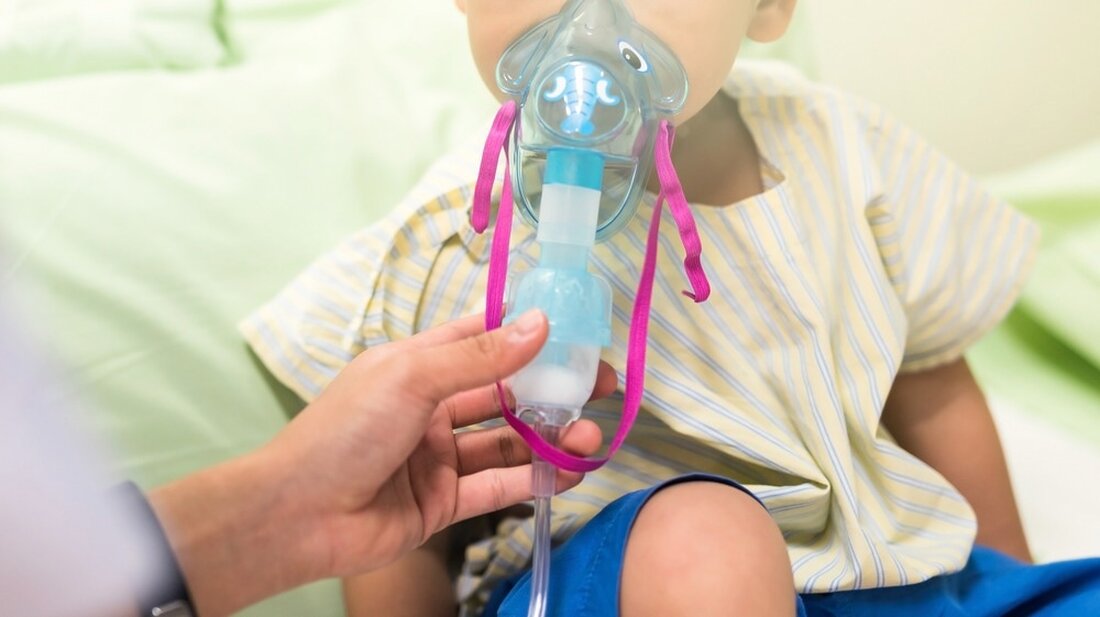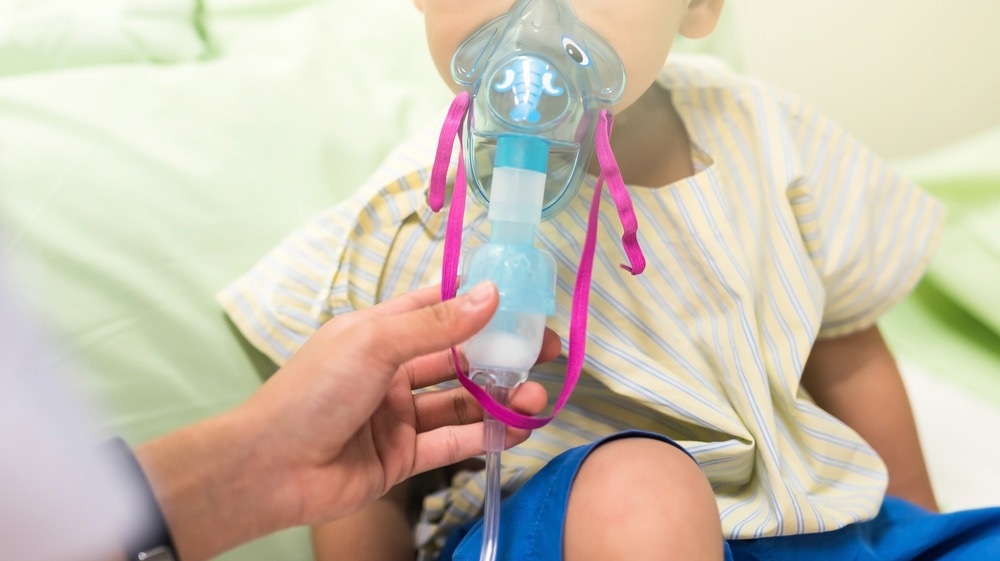Pfizer's maternal RSV vaccine protects newborns from serious illness
On November 1, 2022, Pfizer announced that its maternal respiratory syncytial virus (RSV) vaccine was nearly 82% effective in protecting infants against severe RSV disease in the first 90 days of life. In addition, the vaccine was found to remain 69.4% effective in preventing severe RSV disease during the first six months of life. Learn: Pfizer Announces Positive Top-Line Global Phase 3 Maternal Immunization Trial Data for its Bivalent Respiratory Syncytial Virus (RSV) Vaccine Candidate. Image credit: Blanscape / Shutterstock.com What is RSV? RSV is the most common cause of respiratory infections in children two years old and younger. In fact, some estimates suggest that...

Pfizer's maternal RSV vaccine protects newborns from serious illness
On November 1, 2022, Pfizer announced that its maternal respiratory syncytial virus (RSV) vaccine was nearly 82% effective in protecting infants against severe RSV disease in the first 90 days of life. In addition, the vaccine was found to remain 69.4% effective in preventing severe RSV disease during the first six months of life.
Learn: Pfizer Announces Positive Top-Line Global Phase 3 Maternal Immunization Trial Data for its Bivalent Respiratory Syncytial Virus (RSV) Vaccine Candidate.Photo credit: Blanscape / Shutterstock.com
What is RSV?
RSV is the most common cause of respiratory infections in children two years old and younger. In fact, some estimates suggest that over 60% of children will be infected with RSV by the age of one year, with almost all children likely to be infected by the age of two.
RSV infection typically causes cold-like symptoms such as runny nose, decreased appetite, cough, sneezing, fever and wheezing. Nevertheless, RSV can cause severe disease in a significant number of children under one year of age and is therefore the leading cause of death from respiratory infections in this patient population.
Several factors can increase a child's risk of severe RSV disease, including being less than a year old before or during peak incidence of the virus, as well as prematurity, low birth weight, and the presence of comorbidities such as congenital heart disease, chronic respiratory disease, and immunodeficiency. In addition, children with an older sibling and those who are exposed to cigarette smoke and are not breastfed are also at higher risk of severe RSV infection.
Each year we see high levels of RSV cases in babies in the U.S., with some regions reporting higher than normal hospitalization rates this year.”
Pfizer's RSVpreF vaccine
There is still no specific treatment for RSV infection; Therefore, children infected with this virus, including those hospitalized with severe illness, typically receive symptomatic treatment until the infection eventually clears their systems. The lack of both preventative and antiviral treatments for RSV has led Pfizer to develop and test the effectiveness of a bivalent RSV perfusion vaccine candidate, known as RSVpreF or PF-06928316.
Breath Biopsy®: The Complete Manual eBook
Introduction to breath biopsy, including biomarkers, technology, applications, and case studies. Download a free copy
Previous research conducted at the United States National Institutes of Health (NIH) provided detailed information on the crystal structure of prefusion-F, an important form of the RSV viral fusion protein (F) responsible for its entry into host cells. In addition, antibodies specific for prefusion F were found to effectively prevent the occurrence of RSV infection.
This information was then used to support the development of RSVpreF, an investigational RSV vaccine candidate containing equal amounts of recombinant RSV prefusion F from subgroups A and B.
Clinical trial results
RSVpreF has been clinically evaluated in two studies, including the iNolder Adults Immunized against RSV disease (RENOIR) RSV vaccine efficacy study and the MATernal Immunization Study for Safety and Efficacy (MATISSE) study.
The MATISSE study is an ongoing phase III randomized, double-blind, placebo-controlled clinical trial evaluating the safety, efficacy and immunogenicity of RSVpreF. For this purpose, approximately 7,400 pregnant women in the late second to third trimesters of their pregnancy were enrolled in the study to receive either a single dose of Pfizer's RSVpreF or the placebo vaccine.
Infants born to mothers who received either vaccine were followed for at least one year to determine the safety and effectiveness of the vaccine. In addition, 50% of these infants were monitored for two years.
Vaccine efficacy of 81.8% in preventing severe lower respiratory tract disease (LRTI) was reported in the first 90 days of life. This high level of effectiveness against severe disease was maintained in 69.4% of infants up to six months of age.
In addition to protection against severe LRTI, Pfizer reports that the vaccine protected against non-severe medically managed LRTI in 57.1% and 51.3% of infants in the first 90 days and six months of life, respectively.
“A high-efficacy maternal vaccine that can help protect infants from birth could significantly reduce the burden of severe RSV in newborns up to six months of age.”
Future outlook
Based on the promising results of the MATISSE trial, Pfizer intends to submit a Biologics License Application (BLA) to the U.S. Food and Drug Administration (FDA) by the end of this year. Although no additional participants will be enrolled in the MATISSE trial, Pfizer will continue to monitor infants born to immunized mothers.
References:
- Pfizer gibt positive Top-Line-Daten der globalen Phase-3-Maternal-Immunisierungsstudie für seinen bivalenten Respiratory-Syncytial-Virus (RSV)-Impfstoffkandidaten bekannt [Online]. Verfügbar ab: https://www.pfizer.com/news/press-release/press-release-detail/pfizer-announces-positive-top-line-data-phase-3-global.
- Azzari, C., Baraldi, E., Bonanni, P., et al. (2021). Epidemiologie und Prävention von Respiratory-Syncytial-Virus-Infektionen bei Kindern in Italien. Italienisches Journal für Pädiatrie 47(198). doi:10.1186/s13052-021-01148-8.
- Die MATISSE-Mütterimpfstoffstudie – https://rsvvaccinestudy.com/en-us/rsv-vaccine-study.html
.

 Suche
Suche
 Mein Konto
Mein Konto

